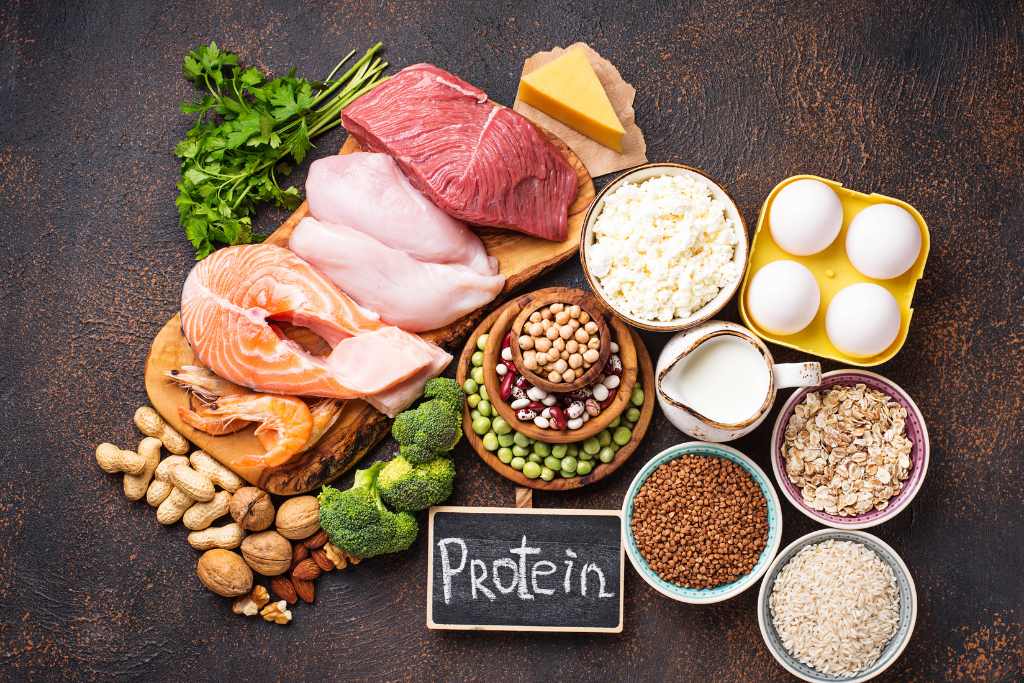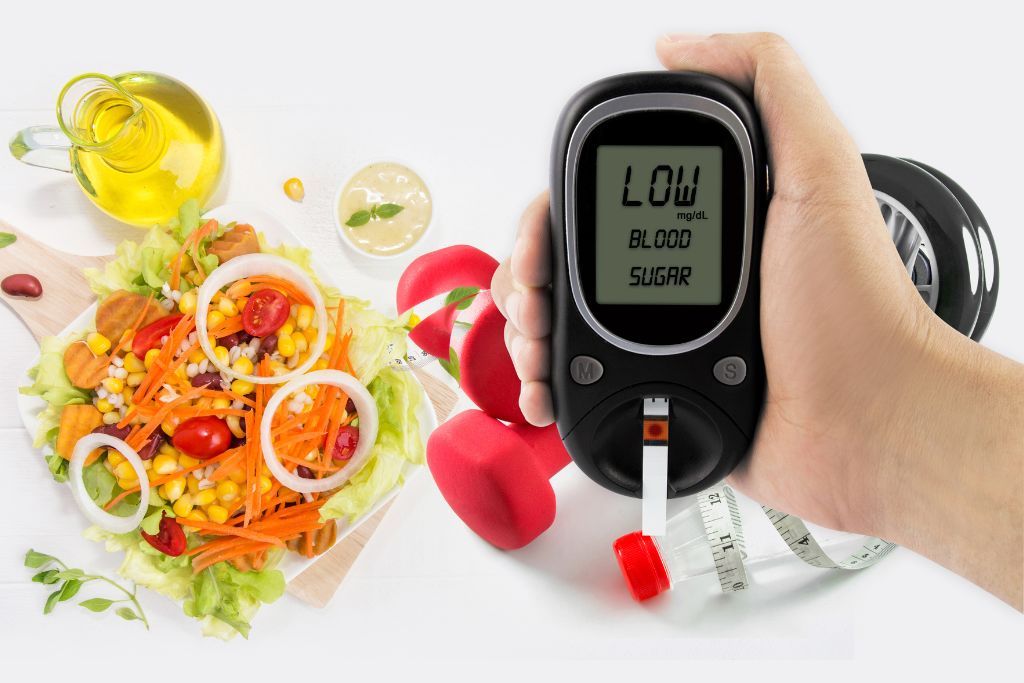There are many benefits to eating protein, such as building muscle, keeping a healthy weight, and getting healthier. Athletes should aim to eat more protein than average, and pregnant women should eat at least 10 grams per day. However, excessive amounts of protein can lead to Type II diabetes.

Plant foods are high in protein
Choosing a diet that includes a wide variety of plant foods is important for overall health and well-being. A well-balanced diet includes a range of protein-rich foods, which will help your body perform important functions. However, when selecting high-protein plant foods, it is important to choose those with low net carbohydrates.
There is a growing body of evidence that a diet rich in plant-based proteins may reduce the risk of chronic illnesses. For example, recent studies have found that replacing 3% of your total dietary intake with plant protein may lower your mortality risk by 10%. In addition, eating a plant-based diet is linked to improved metabolic health among adolescents, including lower body fat percentages.

While plant-based diets are increasingly popular for health reasons, they can also be good for the environment. In fact, these diets can have the same protein quality as an omnivore-based diet.
In addition to providing protein, plants are high in fiber. This helps your digestive system maintain a healthy balance. It also aids in preventing chronic disease.
Athletes should eat more protein than the average adult
Getting enough protein can make all the difference in your performance and recovery. It’s also important for good health.
Athletes, in particular, need more protein than the average person. It is essential for the building of muscle, and for the repair of muscles that have been damaged during exercise.
The United States recommends a daily intake of 0.8 grams of protein per kilogram of body weight. However, it’s important to note that the RDA doesn’t account for specific needs. Depending on a person’s age, gender, and lifestyle, the recommended amount may be higher or lower.

An athlete’s individualized nutrition plan should take into account the type of sports they play and the time they spend training. It should also consider their individual health history and nutritional habits. A registered dietitian nutritionist can help with this.
An athlete’s individualized nutrition should also include the right combination of nutrients and calories to optimize recovery. After exercise, it’s important to refuel with protein and fluids. It’s also a good idea to spread your protein throughout the day, rather than relying on protein-rich foods in one meal.
Pregnancy protein needs to rise a minimum of 10 grams per day
During pregnancy, protein is essential to support the growth of your child. It also helps improve the health of you and your baby. In addition to helping the body build the muscles it needs to grow, it also aids in the production of antibodies for your baby’s immune system.
There are numerous sources of protein to choose from. These include animal and plant-based foods. Aside from supplying amino acids, protein can also provide key nutrients such as iron, zinc, and DHA.

The benefits of consuming a high-protein diet during pregnancy include reducing the risk of low birth weight. It also helps to stimulate the growth of your uterine tissue. In addition, it supports the development of your baby’s tissues, including a set of cells that will be used to form the baby’s brain.
Compared with women in the general population, protein requirements for pregnant women are significantly higher. They increase as early as the second trimester and peak during the third. The recommended daily amount is 75-100 grams.
Type II diabetes is linked to excessive protein
Excessive protein consumption in the diet is associated with Type II diabetes. This is especially true if you are overweight. But this relationship is not conclusive. Observational studies have not shown that dietary substitution of carbohydrates for plant or animal protein or fat is causal.
But it is possible to make lifestyle changes to control blood sugar levels. For example, avoid sugar-sweetened beverages and limit red meat. Instead, try plant-based proteins such as tofu. You can also use artificial sweeteners in moderation. And keep sodium to a minimum by choosing salt-free spices.

In addition, you should also drink plenty of water. Dehydration is another symptom of high blood sugar. Your pancreas can’t produce enough insulin, which is needed to move glucose into your cells. In the absence of treatment, this can lead to serious problems.
You should get your blood sugar checked at least once a day. Your doctor may recommend insulin therapy and other medications. These medications are in tablet form, or they can be given by injection. You can monitor your glucose levels at home with a glucose meter.









